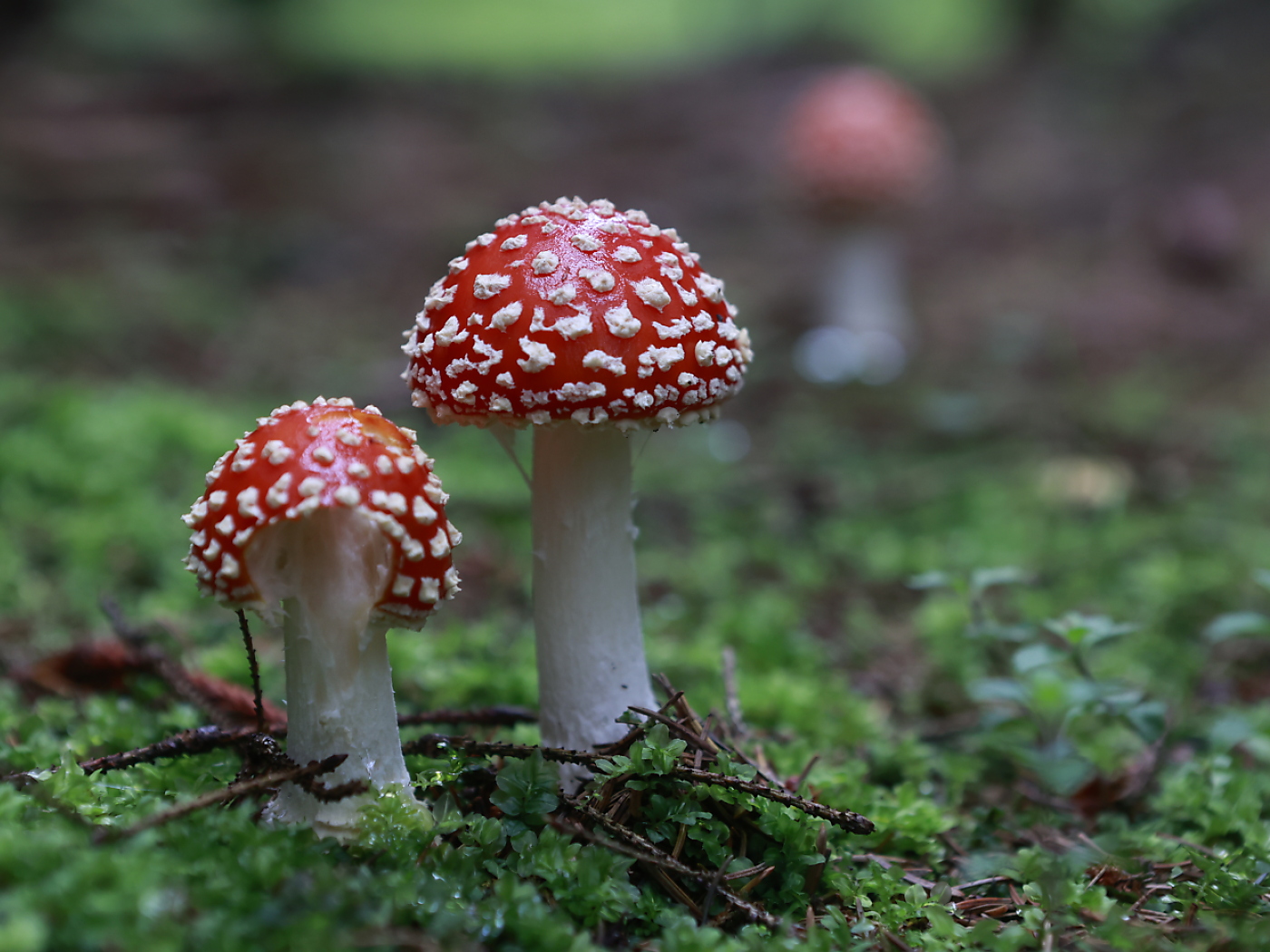
More people calling Swiss emergency poisoning number

More and more people are calling the emergency number owing to poisoning. Advice was most frequently sought on medicines and household products, and most of those affected were children and young people.
+Get the most important news from Switzerland in your inbox
These are the findings of the Tox Info Suisse Foundation’s 2023 annual report.
An average of 113 people per day called the emergency number 145 to seek advice from Tox Info Suisse about poisoning. This was 1.7% more last year than in 2022, the foundation announced on Tuesday.
Tox Info Suisse provided 41,263 consultations in 2023. In 95% of cases, this concerned poisoning in humans, with the remainder involving animals. Some 70% of inquiries came from the general public and 20% from medical professionals, with the remainder coming from other sources.
+ Swiss mushroom pickers face shortage of poison antidote
Most of the poisonings occurred in the home environment through medication, stimulants, drugs and alcohol. According to Tox Info Suisse, there were seven deaths last year, all among adults.
In Switzerland the emergency number for poisoning is 145. Specially trained physicians will give advice 24/7 in cases of poisoning with, for example, chemicals, pharmaceuticals, other drugs, poisonous plants, mushrooms or venomous animals.
Translated from German by DeepL/ts
This news story has been written and carefully fact-checked by an external editorial team. At SWI swissinfo.ch we select the most relevant news for an international audience and use automatic translation tools such as DeepL to translate it into English. Providing you with automatically translated news gives us the time to write more in-depth articles.
If you want to know more about how we work, have a look here, if you want to learn more about how we use technology, click here, and if you have feedback on this news story please write to english@swissinfo.ch.

In compliance with the JTI standards
More: SWI swissinfo.ch certified by the Journalism Trust Initiative


























You can find an overview of ongoing debates with our journalists here . Please join us!
If you want to start a conversation about a topic raised in this article or want to report factual errors, email us at english@swissinfo.ch.